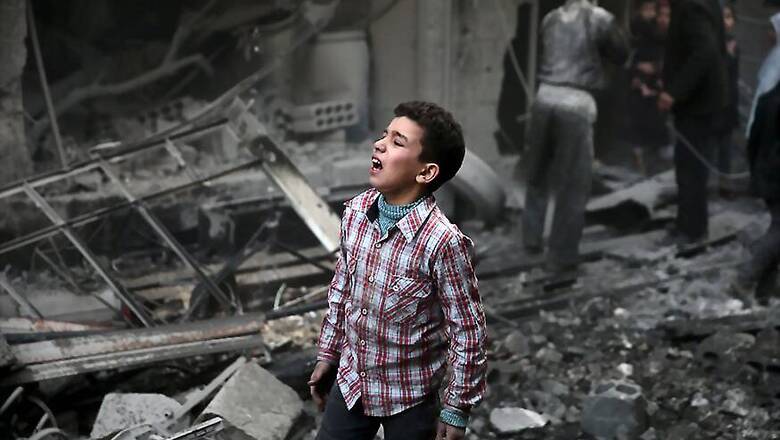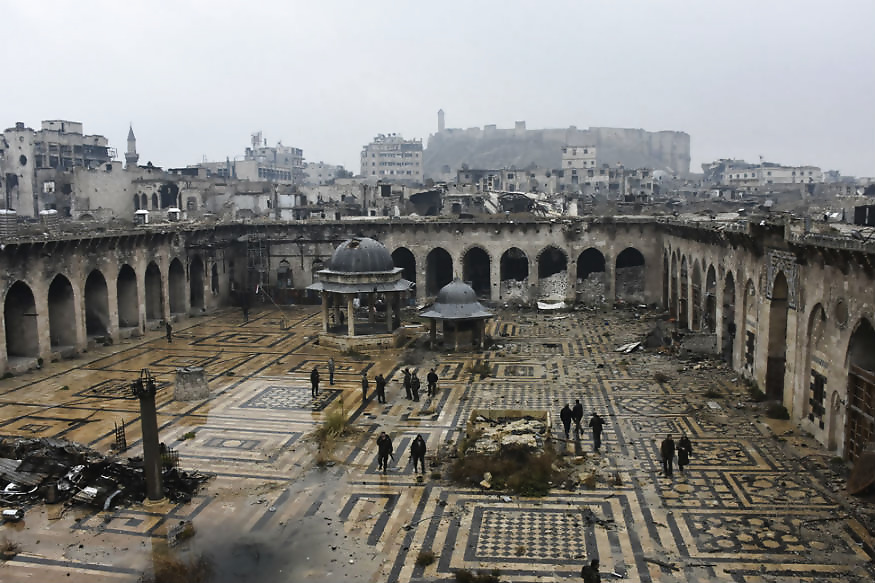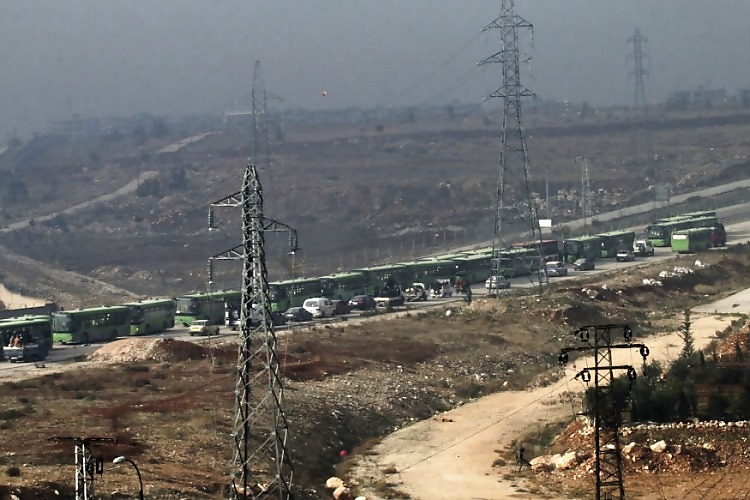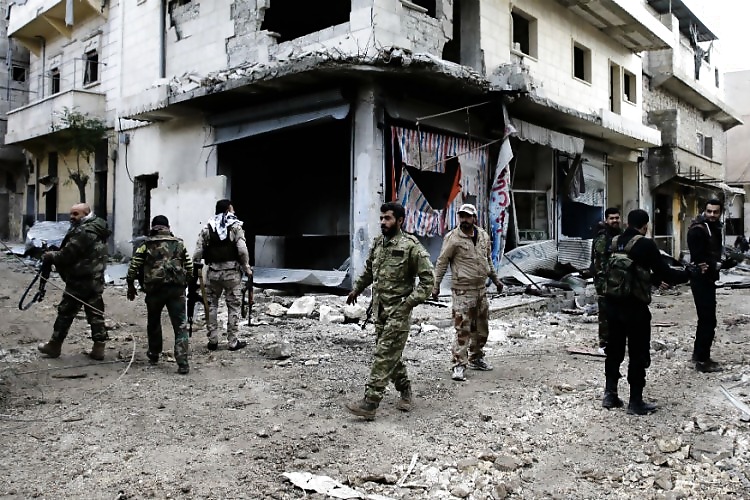
views
“Aleppo is now a synonym for hell,” United Nations General Secretary Ban Ki-Moon said in his farewell news conference last weekend adding that the world body has failed Syria.
When and how did Syria begin this slide into perdition?
Flash back to 2011, when the country slowly slanted towards a full-blown civil war. “Little was known about the reality of Syria in the wider world,” wrote Paul Danahar, BBC’s Middle East Bureau Chief (2010-13) in his book The New Middle East. The dictators in Tunisia and Egypt, who not so long ago looked invincible, had already fallen, but Assad looked well-poised.
In its February edition of 2011, Vogue magazine published a profile on his wife Asma-al-Assad titled “A Rose in the Desert”. The article was nothing less than a glowing tribute to the Assads. “A Rose in the Desert,” described them as a "wildly democratic" family-focused couple and Syria as the “safest country in the Middle East.”
Former US Secretary of State Hillary Clinton, in the same month, said: “There is a different leader in Syria now, adding, “Many of the Congress leaders from both parties, who have gone to Syria in recent months, believed Assad is a reformer.

The article is no more available on the Internet and Clinton distanced herself from her remarks as the “safest country in the Middle East” descended into a civil war. Former UN Special Envoy to Syria, Lakhdar Brahimi’s words corroborate that outside forces involved in Syria had little understanding of the situation. In an interview to Aljazeera in March 2016, Brahimi said, “There are no good guys. Everybody was a victim of a very superficial analysis of the situation.”
Also Read: Russian Ambassador Andrei Karlov Shot Dead in Ankara
In the past five years, as Syria became a mere spectator to what many call a “vicious cycle of violence”, the purpose of the revolution slowly went into oblivion. A desire for freedom, democracy, justice, and opposition to Assad’s dictatorial regime seeded the revolution as the same brought about changes in Tunisia, Egypt, and Libya.
“By the time the uprising had entered its second year, the dynamics around it had changed. The Gulf States, particularly, Saudi Arabia sought to exploit the turmoil in Syria to diminish Iranian influence,” according to Danahar. “By its third year, the Syrian civil war had gone beyond anyone’s control.”

“I would put blame on outside forces… Forces, which were supporting one side or other, Brahimi told Aljazeera, adding, “None of these countries had the interest of Syrian people as the first priority.” He didn’t spare Assad regime either. “The government was interested in sticking to power rather than thinking about the interest of Syrians.”
“The world has failed Syria. People kept on saying that Assad must go and on the other hand, everybody is terrorists,” Brahimi said, referring to the rebels.

What started in 2011 as a popular uprising against Assad regime has turned into an enduring nightmare for the civilians. The conflict in Syria, which looks far from over even after the fall of eastern Aleppo, has displaced more than half of country’s population and killed more than 4,00,000 civilians. Circumstances turned so bad that the UN stopped counting the number of deaths in 2014.
The fall of eastern Aleppo to government forces shifts the focus on the last rebel bastion, Idlib. The province west of Aleppo is under control of Al-Qaeda affiliate, the Fatah al-Sham Front, formerly known as Nusra Front. As per the figures released by Institute for the Study of War, the province has as many as 50,000 fighters who coalesced under the Fatah al-Sham Front. The Population of Idlib is said to be 1.5 million people, which continues to rise after the fall of Eastern Aleppo.
“Identifying which city comes next depends on which city contains the largest number of terrorists and which city provides other countries with the opportunity to support them logistically,” Assad told Russian media outlets in an interview in Damascus on December 14, 2016.




















Comments
0 comment